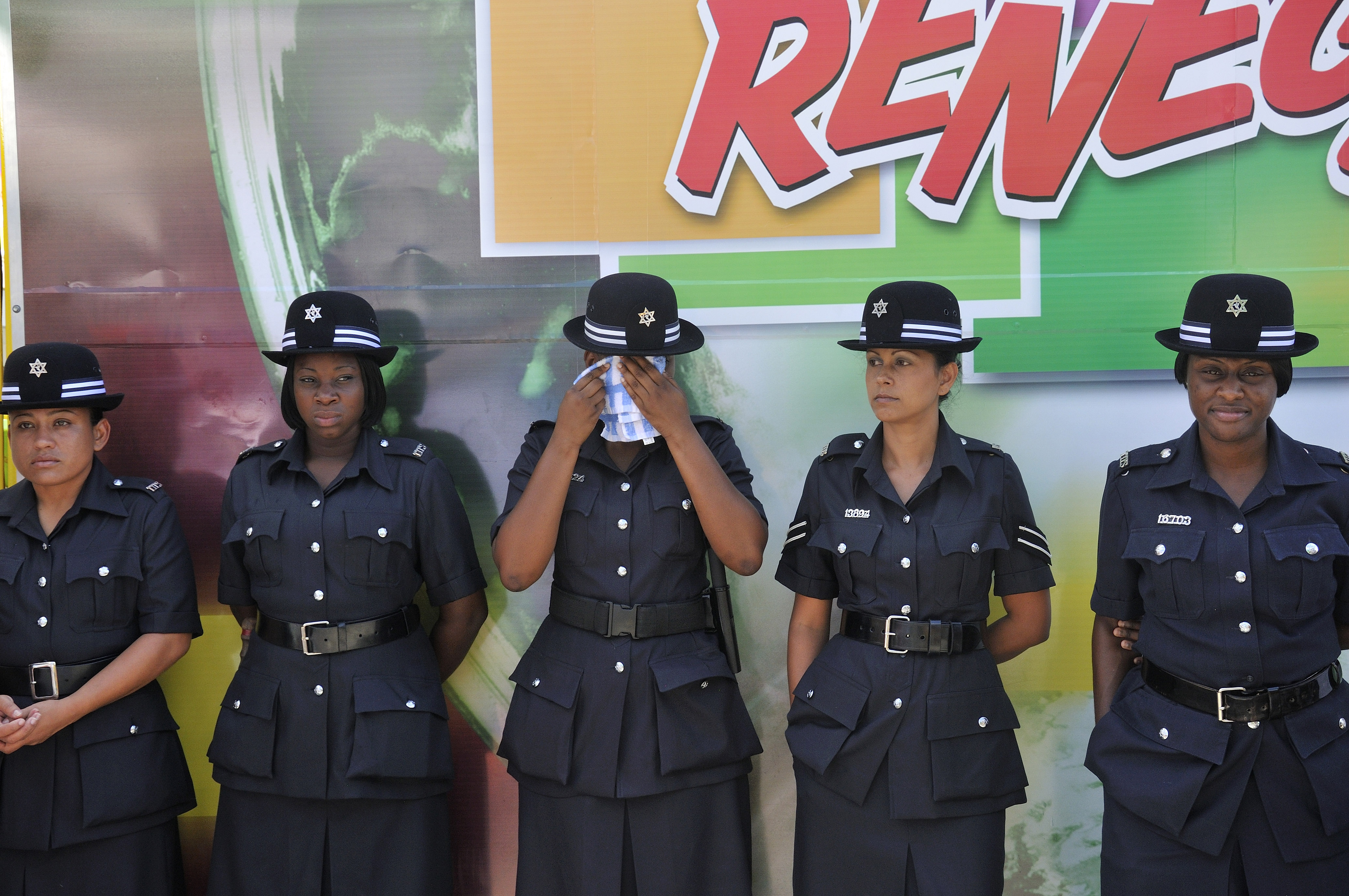Innovative methods in hot spot policing
Arts, Humanities & Social SciencesA large-scale policing experiment in Trinidad and Tobago, unprecedented in any other force worldwide, has shown that hotspot policing – tightly managing the number, location and frequency of police patrols – can reduce violent crime rates by 50%, simply by concentrating police resources where and when they are needed most.
This evidence-based approach to hotspot policing, developed and championed by researchers at the University of Cambridge, is transforming the nature of police work in communities around the world, most notably in the small Caribbean nation of Trinidad and Tobago.
Professor Lawrence Sherman, the Director of the University’s Institute of Criminology and its Police Executive Programme, contracted with the Trinidad and Tobago Police Service through Cambridge Enterprise’s consultancy team to train over 200 police leaders in evidence-based policing, through lectures, seminars, discussions, research projects, data management, supervisions and examinations.
Stephen Williams, Trinidad and Tobago’s acting police commissioner since August 2012, learned about hotspot policing, police experiments and how they can reduce crime rates, while he was a student in the University of Cambridge’s Police Executive Programme. Both the Trinidadian government and the police service have been candid about the need to face the dual crises of public safety and confidence in the police, and decided to make the force much more evidence-based from top to bottom in order to address both crises head-on.
…few if any nations have achieved more public safety with less police use of force or deadly force than England and Wales. American policing in the 21st century has achieved enough to look across the world and consider some other systems might yield better results. The English system has produced by far the best results.
Professor Lawrence Sherman
In a country where the homicide rate is approximately 40 times higher than that of England and Wales, and few crimes ever result in prosecutions and convictions, the Trinidad and Tobago police force needed to consider a complete cultural shift in order to lower crime rates.
The most important aspect of the project is a randomised control trial to demonstrate and implement evidence-based policing in 40 police districts across the country. Each of the districts was paired with its most similar district, based on the number of serious violent crimes, such as homicides, shootings and armed robberies. In each of the 20 pairs, one was randomly assigned to implement the new system of policing, and the other continued with the previous approach.
“The basic idea is if you put more patrol time into hotspots where most crimes occur, crime will go down in those hotspots,” said Sherman. “But the criticism of this approach has always been that you don’t know if you’re causing the crime to go down, or if you’re just pushing the crime someplace else.
“The best way to test that, which has never been done before, is to take a district with between 50,000 and 100,000 people and eight to ten hotspots, and increase patrol in the hotspots. If patrol just pushes crime around, then it’s likely to get pushed to another hotspot.”
Evidence-based policing has been demonstrated as an effective way to reduce crime rates in 25 different experiments worldwide, but never at the scale of the Trinidad and Tobago project. By selecting the high-priority focus for police resources, testing what makes the most difference in those hotspots, and tracking the results so that there is real accountability for shift commanders, evidence-based policing can make a huge difference in crime rates, especially in a country where regular police patrols are not the norm.
Changing a police force is not easy, however. Most police officers are seen – by themselves and by the public at large – as hunters, rather than sentinels. “Cutting the crime rate is not exciting,” said Sherman. “Addressing the cultural patterns of heroism versus plodding, preventative steps are part of the larger issue we have to deal with.”
Sherman sees this challenge as one that the University is well-equipped to handle. “We don’t see it as a process of getting people to memorise things; we see it as a process of getting people to understand,” he said. “This is the way that organisations should be learning, and the University has a definite role to play in that.”
As an expert in policing models, Sherman testified in early 2015 on methods of policing in the United States, suggesting that they might benefit from adopting British strategies. He commented that “few if any nations have achieved more public safety with less police use of force or deadly force than England and Wales. American policing in the 21st century has achieved enough to look across the world and consider some other systems might yield better results. The English system has produced by far the best results.”




